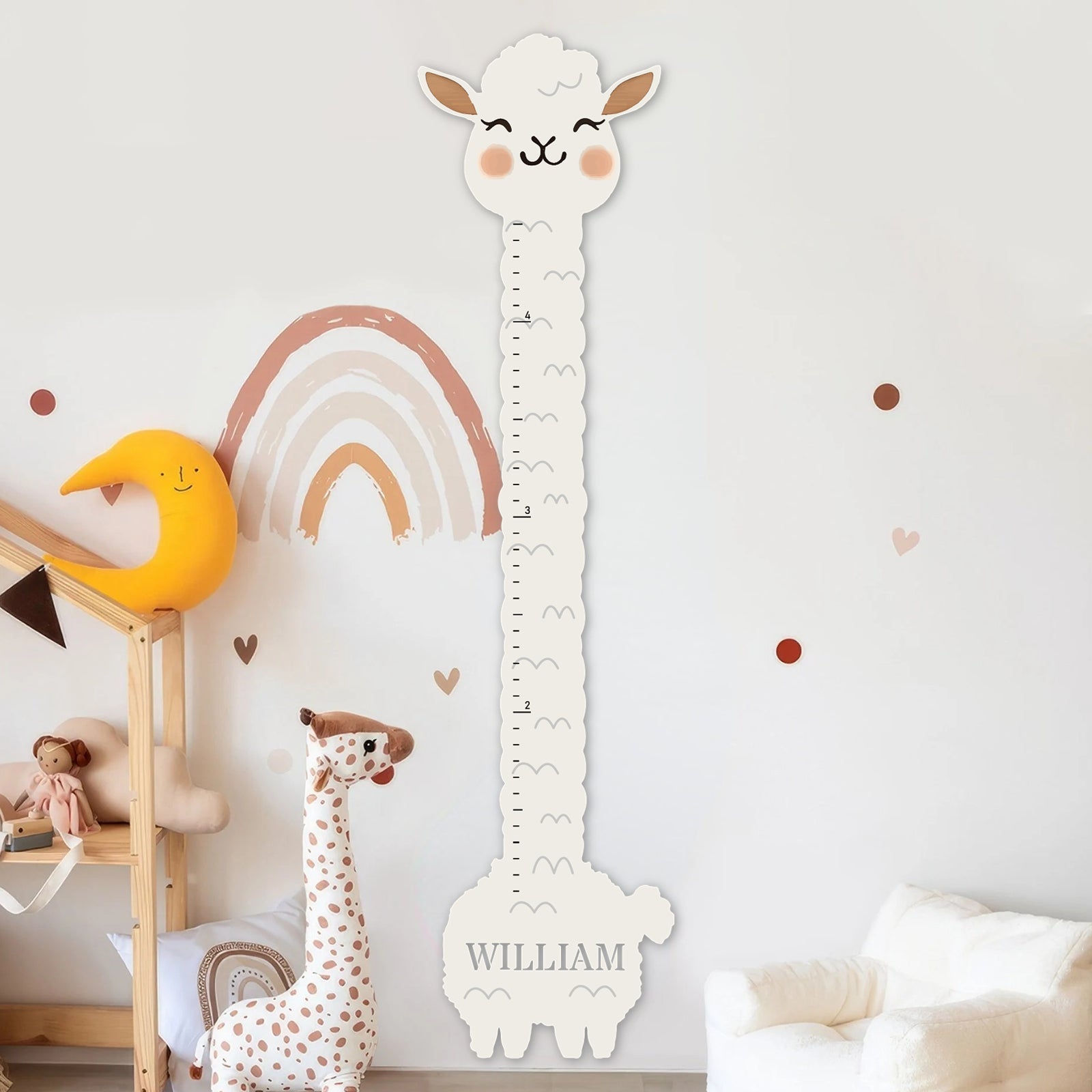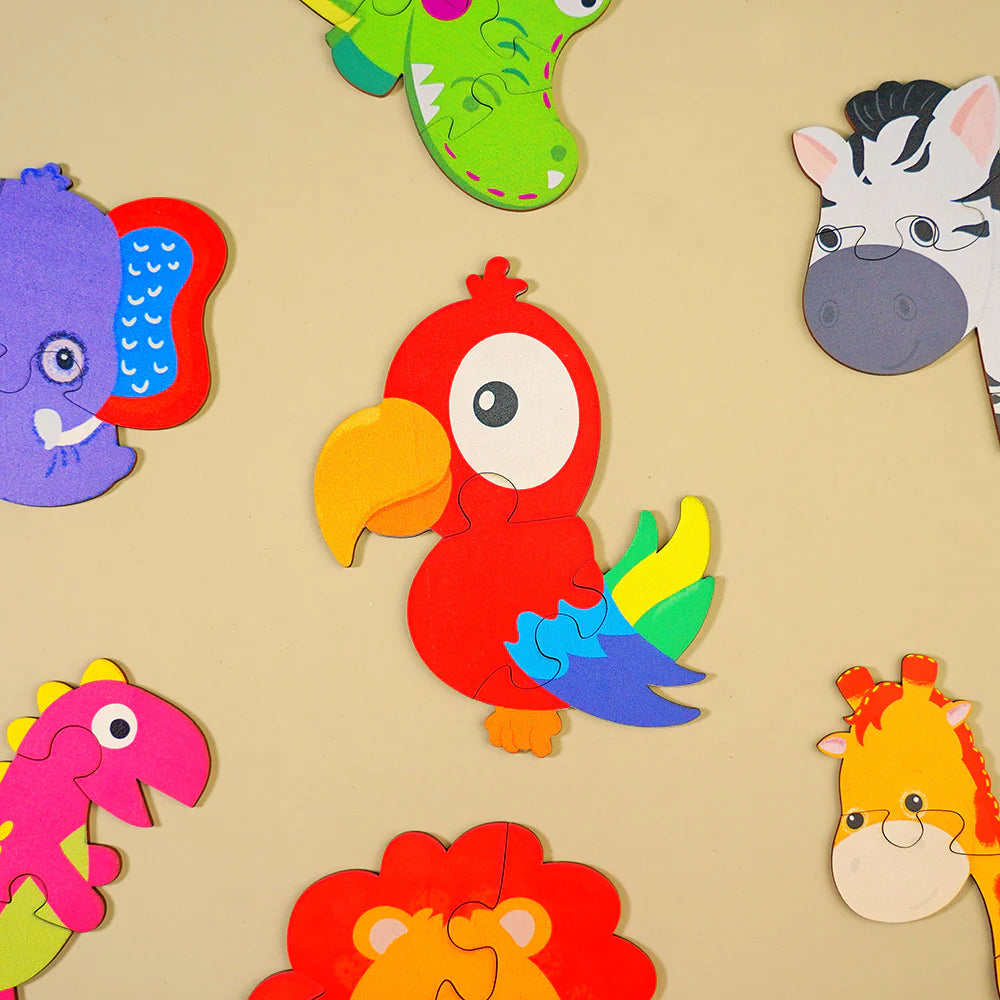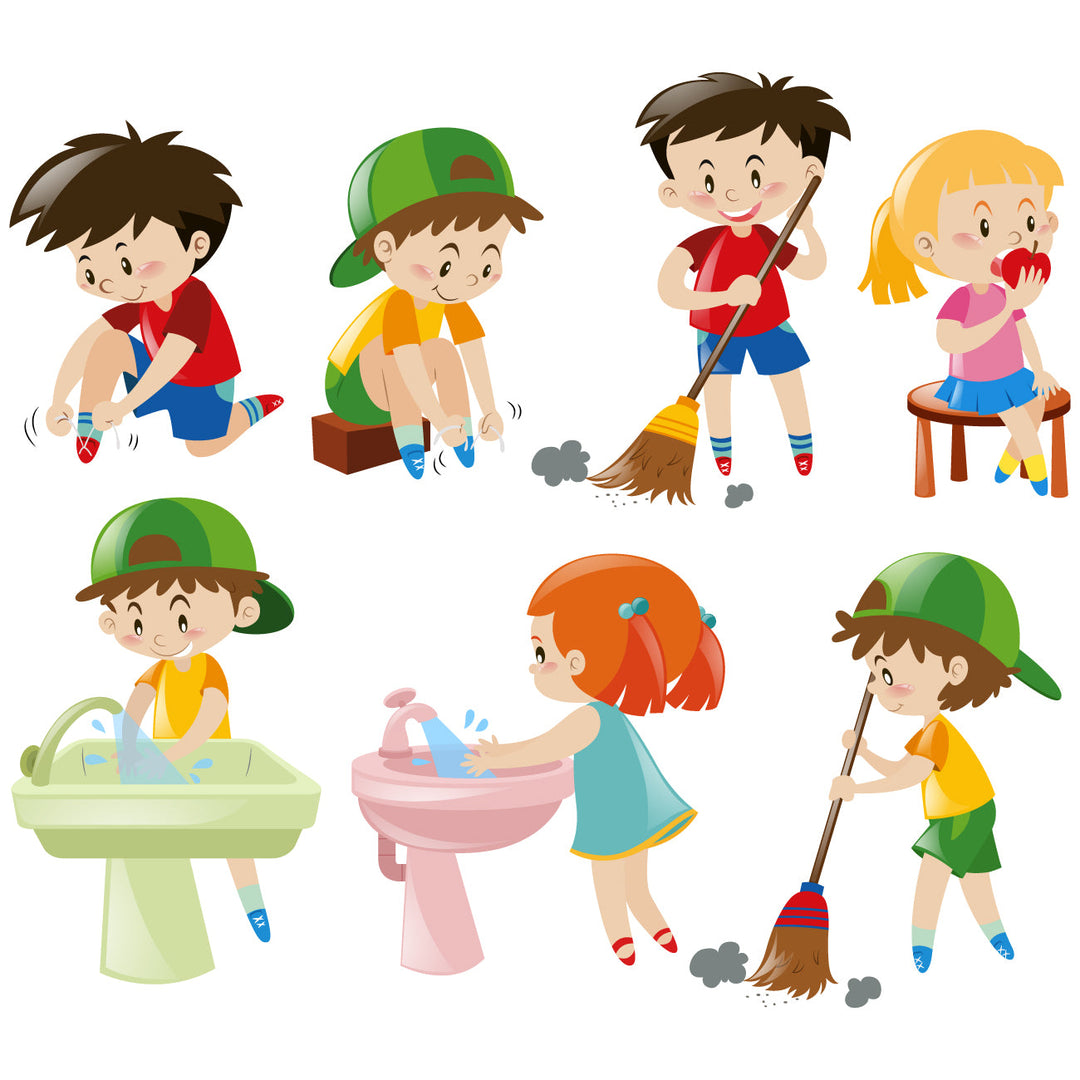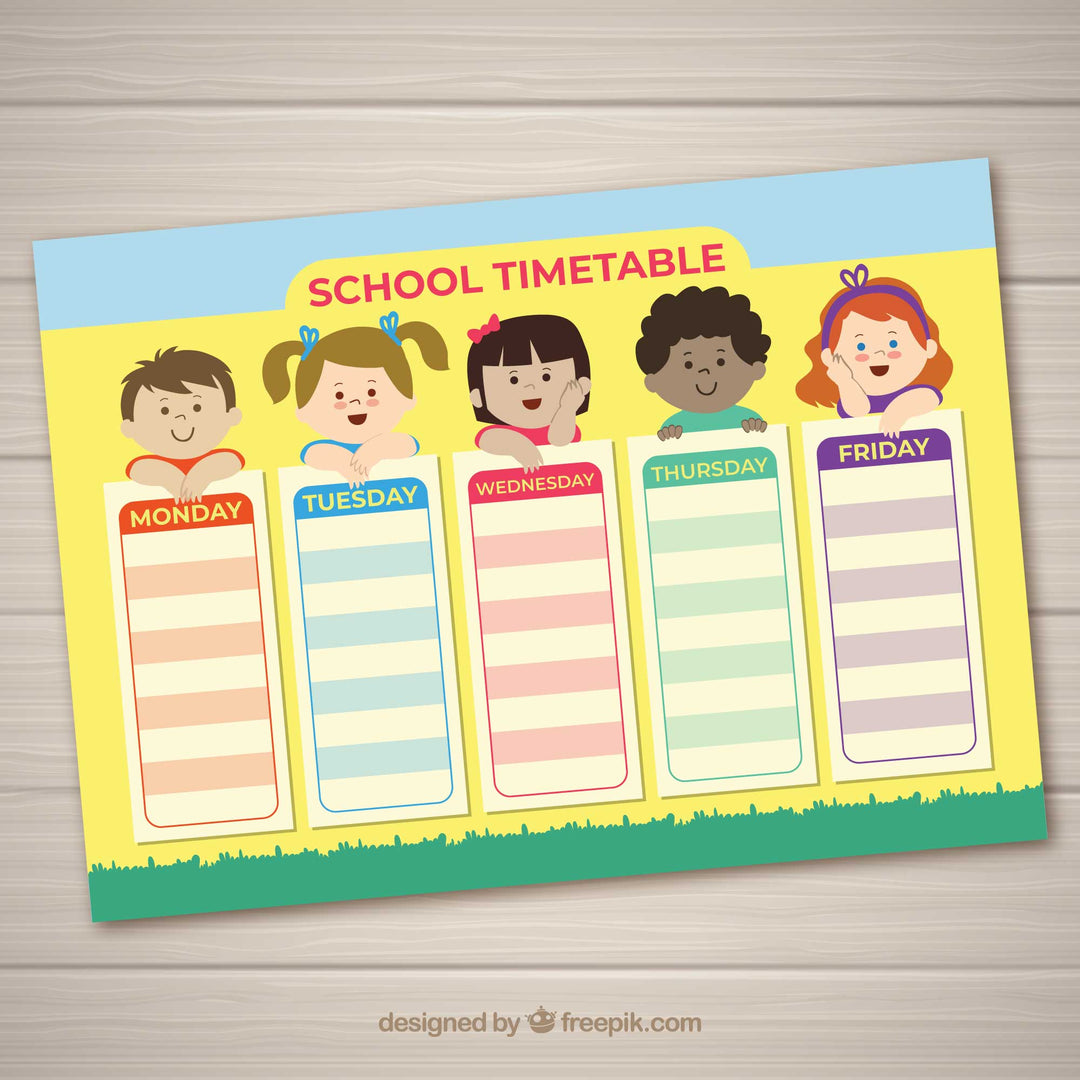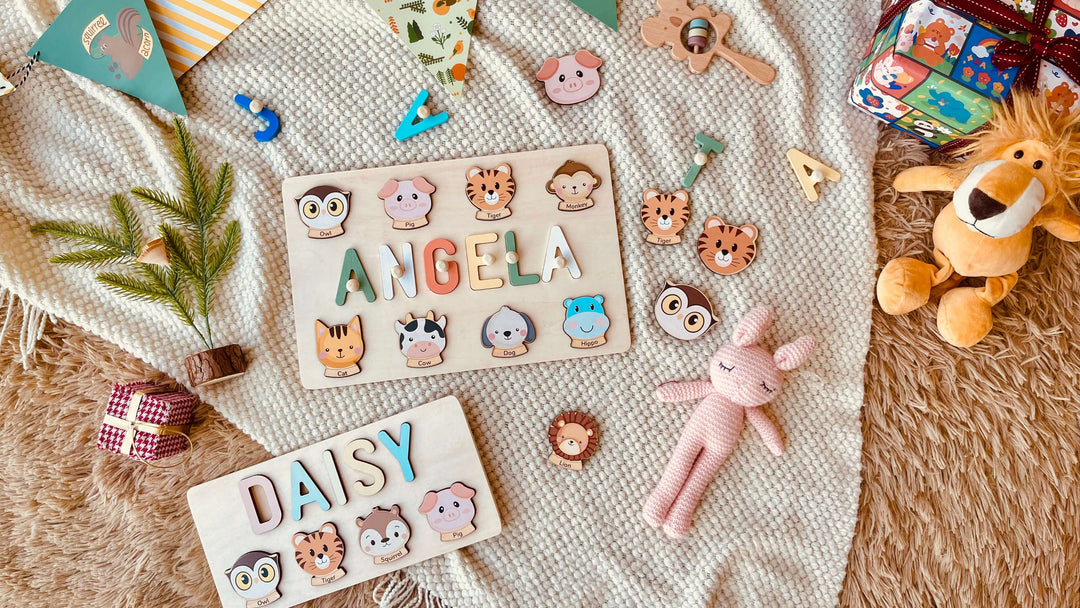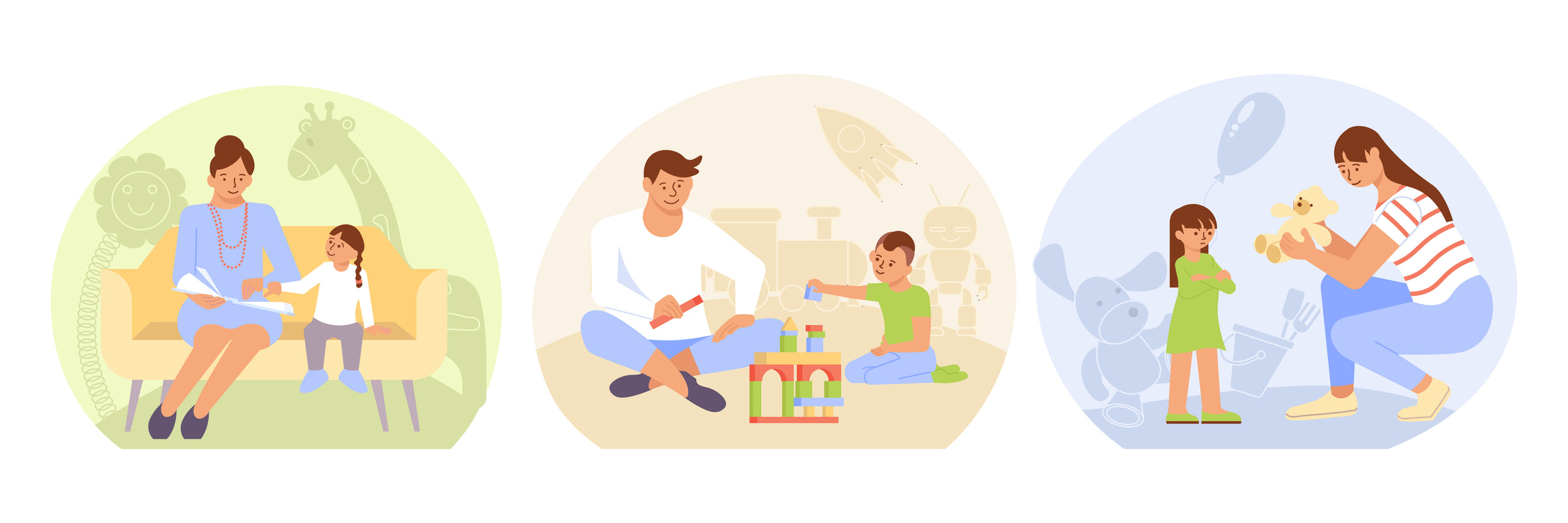
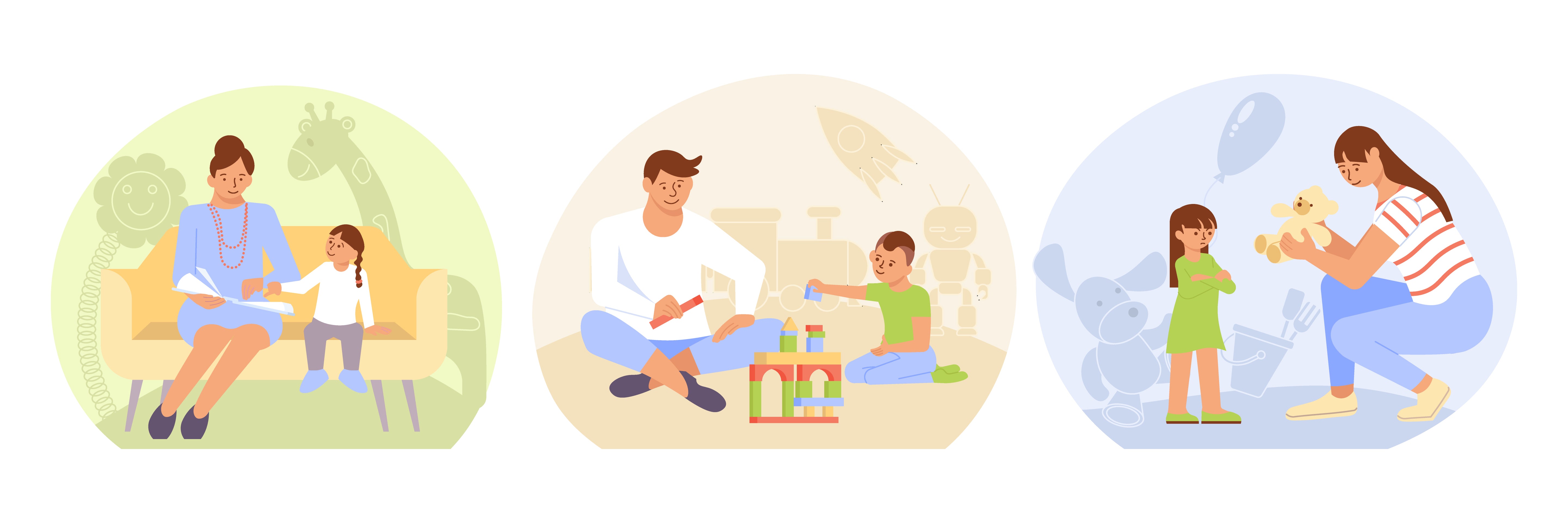
Parenting Tips
How to Cultivate Deep Thinking in Children: A Mindful Approach to Parenting
In a world that often feels rushed and noisy, it’s easy for children to become caught up in the whirlwind of distractions. But as parents, we have the opportunity to help our children develop a deeper, more reflective approach to life. Encouraging children to think critically, ponder deeply, and reflect thoughtfully is not only an important skill for their academic success but also for their emotional growth and well-being.
Tiny Helpers: Teaching Kids Responsibility Through Chores (Without Losing Your Mind)
Hey there, amazing parents! Let’s talk about something that’s as inevitable as spilled milk and as rewarding as a toddler’s first “I love you”: chores. Yes, those little tasks that keep our homes running (and our sanity intact). But here’s the twist: chores aren’t just for grown-ups. Even your tiny humans can get in on the action! In fact, teaching kids responsibility through chores is one of the best ways to build confidence, independence, and life skills—plus, it might just buy you an extra five minutes to sip your coffee. Win-win!
Encourage Creativity: Unlocking Your Child’s Inner Picasso (or Tiny Engineer!)
Hey there, super-parents! Let’s talk about something that’s as essential as bedtime stories and as magical as a child’s first giggle: creativity. Yes, that sparkly, messy, and wonderfully unpredictable force that turns cardboard boxes into castles and spaghetti into modern art. If you’ve ever wondered how to nurture your little one’s imagination, you’re in the right place. Let’s dive into the colorful world of encouraging creativity in your 1-6-year-old!
Helping Kids Live in the Moment: A Gentle Guide to Less Worry and More Joy
In today’s fast-paced world, even young children can feel the weight of stress. Schoolwork, friendships, and even adult expectations can make them anxious. But childhood should be full of wonder, laughter, and joy. As parents, we can help our kids live in the moment, embrace happiness, and worry less. Here’s how.
Early Literacy Skills: How to Teach Your Child to Love Reading Before Kindergarten
Building Emotional Intelligence in Preschoolers: Activities That Teach Empathy and Self-Regulation
The Art of Planning: How to Help Your Kids Master the Daily Game Plan
Embracing Natural Consequences: A Gentle Guide to Teaching Responsibility in Children
A Gentle Guide to Cultivating Calm and Resilience in Your Little Ones
What is Delayed Gratification?
Helping Your Baby Grow Strong: Physical Activities for Early Development
Building Healthy Habits in Babies: What to Encourage and What to Avoid
As parents, we all want the best for our babies, and that includes instilling good habits that will help them grow into happy, healthy, and well-adjusted individuals. The habits we help our babies develop early on can shape their behaviors for years to come. From healthy sleep routines to positive social interactions, nurturing these good habits can lay the foundation for a lifetime of well-being.
In this blog, we’ll explore key habits to encourage in your baby’s early years and discuss how to avoid some common pitfalls that can lead to undesirable behaviors later on.


